Graduate Electives
Graduate elective courses open to all students at The Creative School for the current term can be found below.
- This list is updated at the start of each term.
- Courses are offered subject to faculty availability and are subject to change without notice.
- Preference will be given to students enrolled in the program offering the course.
How to request enrollment
- Review available courses below and identify the course you are interested in.
- Reach out to your Supervisor/Advisor and Program Director to get permission to take the course for credit in your program.
- Complete the (PDF file) Course Substitution form (opens in new window) , it must be signed by your Supervisor/Advisor* and Program Director.
- Complete the (google form) Enrollment Request Form (external link) and submit the signed Course Substitution form**.
*If you don't have a Supervisor/Advisor, your Program Director can sign on behalf of both.
** Submit one form per course request.
Deadline to submit request: Fall 2024 - September 6, 2024
The Admin team will review your enrollment request, and confirm via email.
It may not be possible to accommodate late requests.
Communication & Culture courses require an additional step to enroll
(ie: CC8960, CC8921, CC8828, CC8836, CC8838)
- Complete the Course Substitution form (same as above).
- Submit the Enrollment request form (same as above).
- Your request will be reviewed and you will be contacted via email about next steps.
Course Descriptions
Unless shown below, course descriptions can be found in the YSGPS calendar.
For your convenience, the links to each graduate program calendar at The Creative School are listed below.
Special Topic courses - Course Descriptions
Course descriptions for Special Topic courses will be added here when they are available.
Links to Graduate Programs Calendar
Program Contact Information
Communication & Culture (MA, PhD)
Digital Media MDM
Documentary Media MFA
Fashion MA
Film + Photography Preservation
and Collections Management
Post-Professional Master of Interior Design
Journalism MJ
Media & Design Innovation Phd
Media Production MA
Professional Communication MPC
Scriptwriting & Story Design MFA
Administration Team
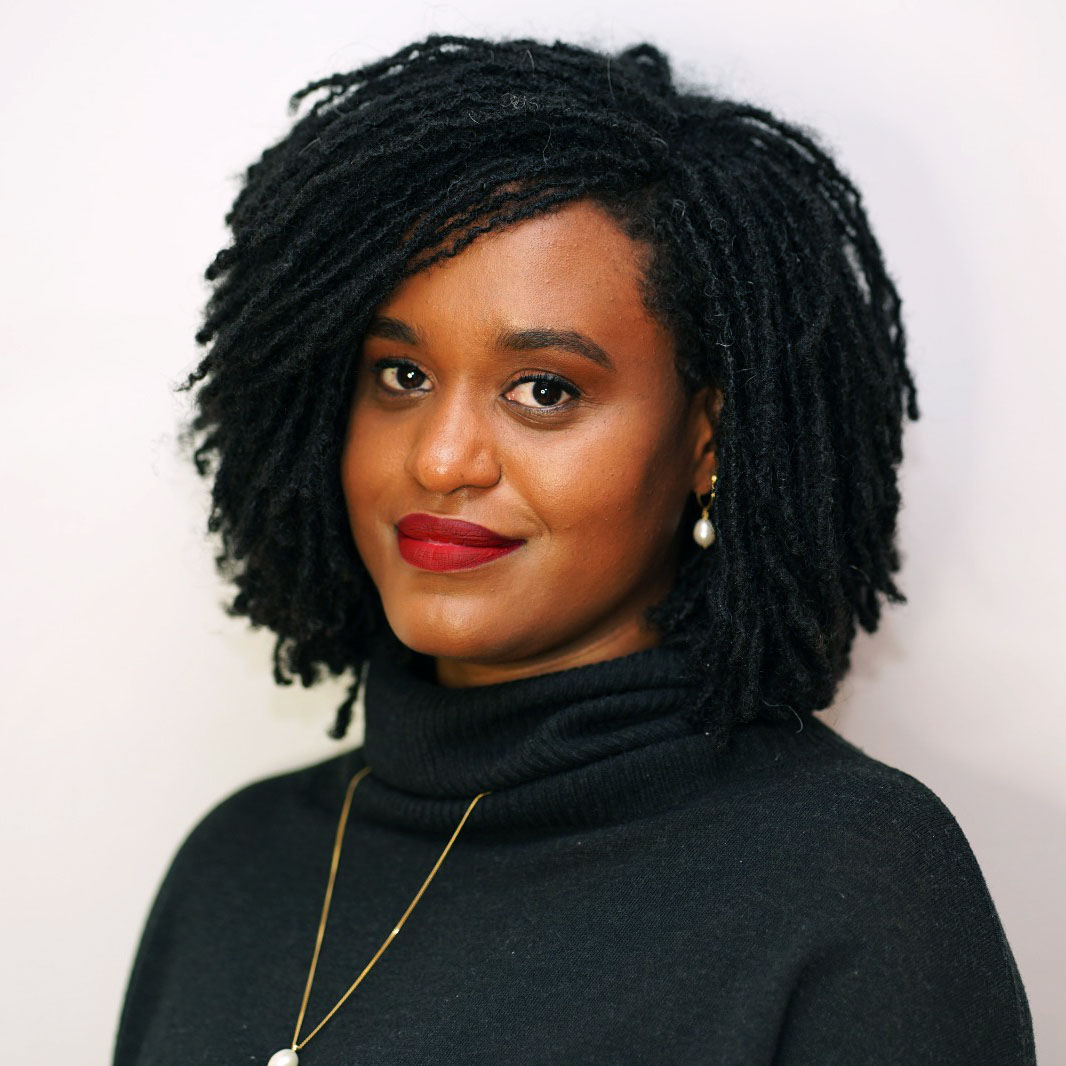
Graduate Program Administrator
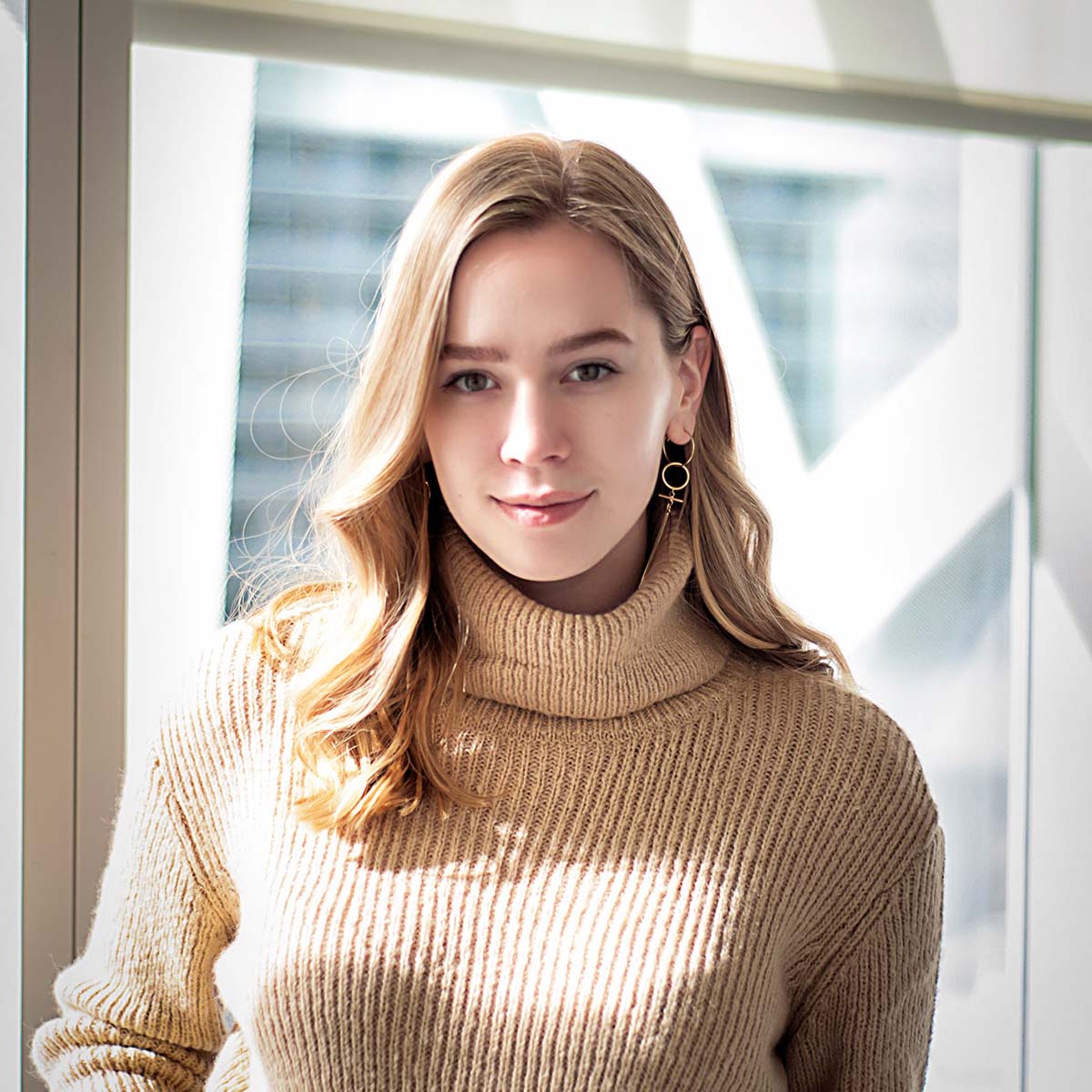
Graduate Program Administrator
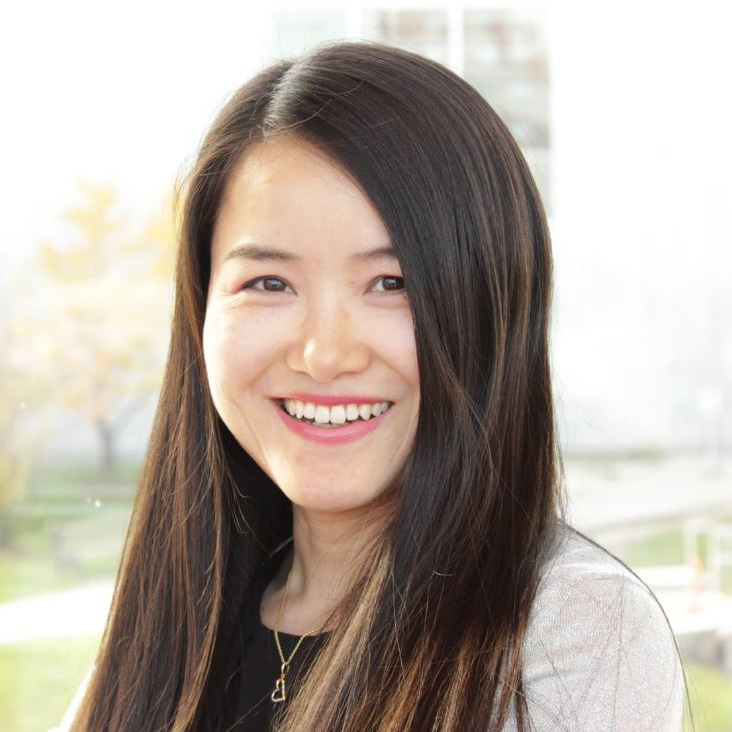
Graduate Program Administrator
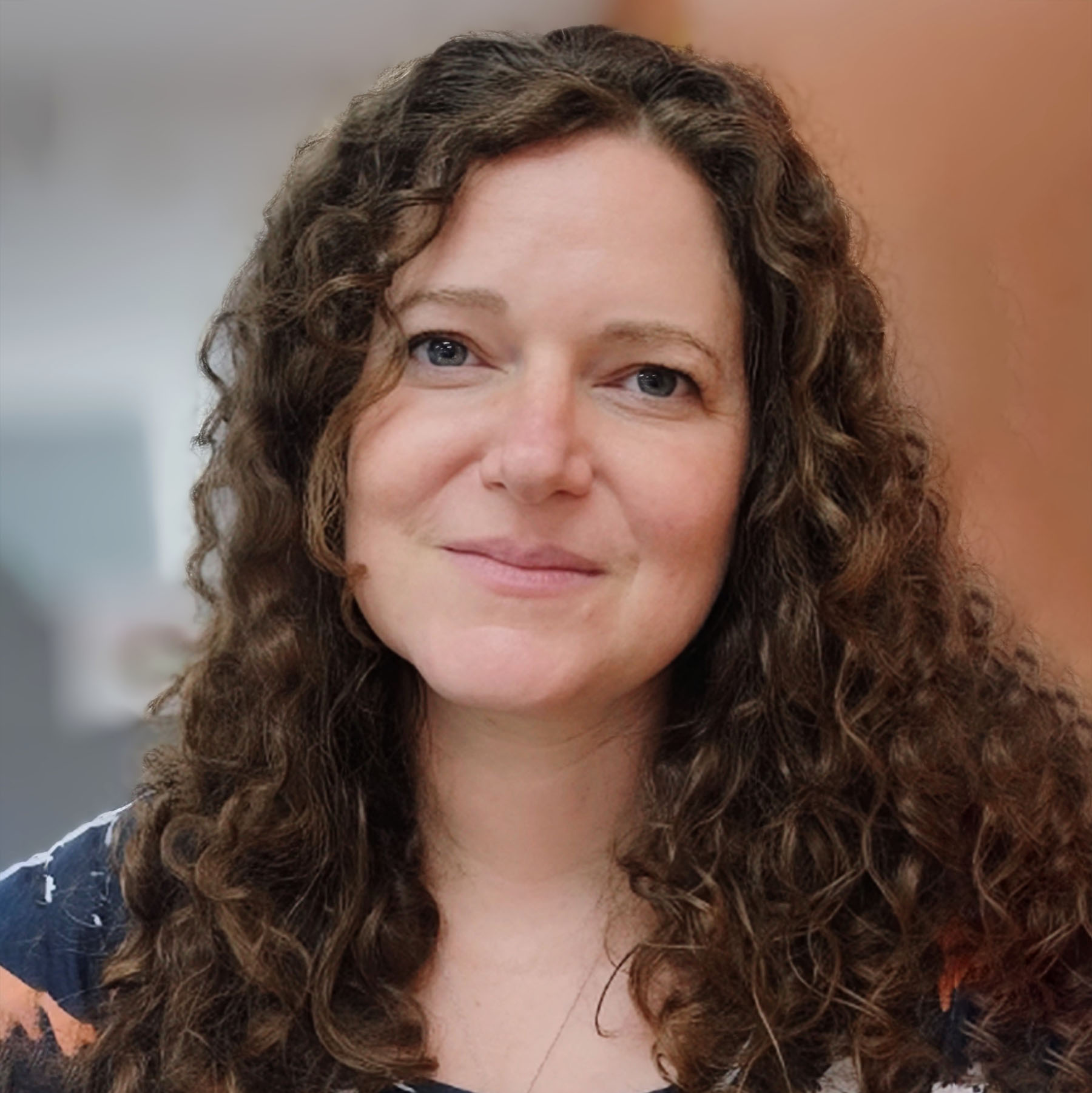
Finance and Administation Coordinator
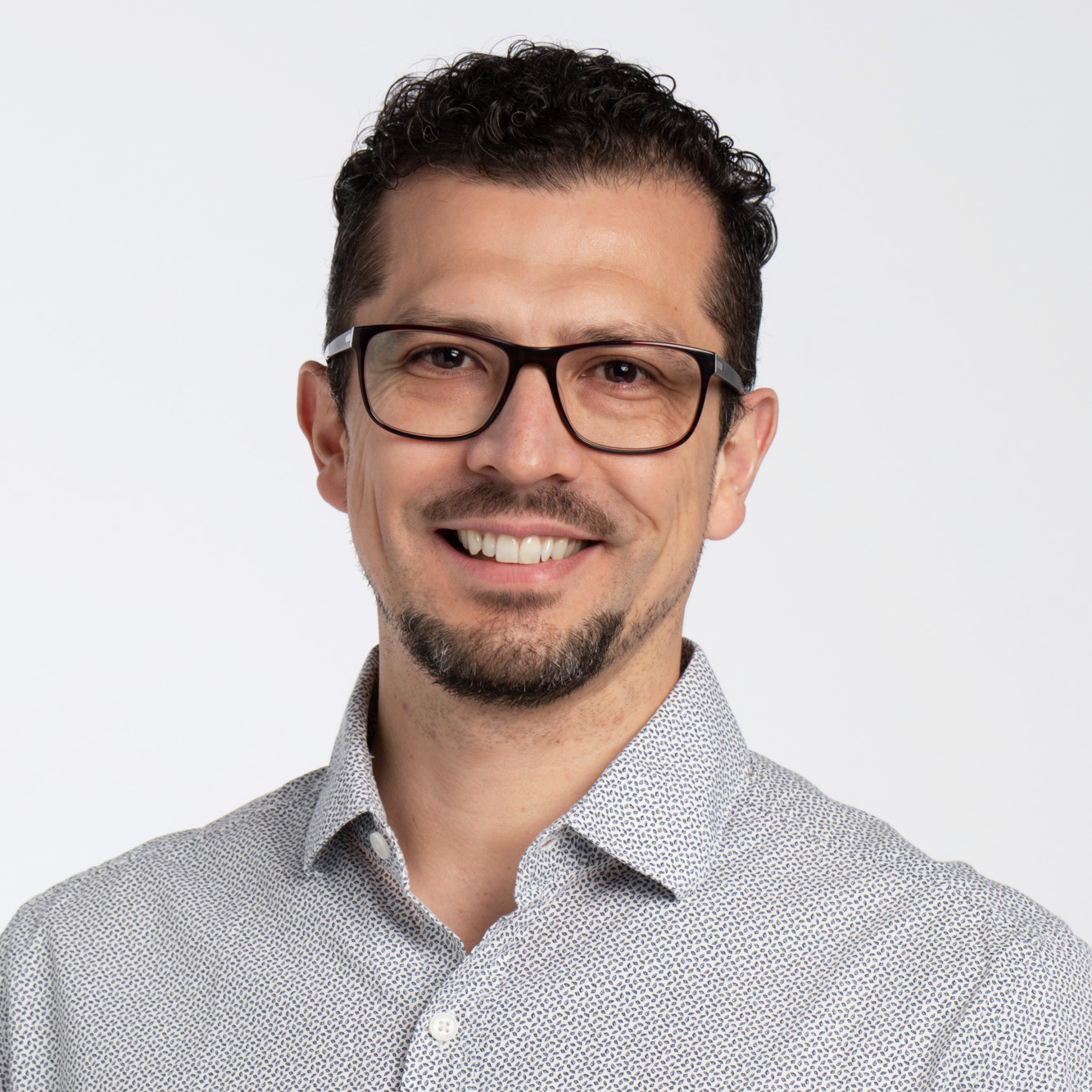
Manager, Graduate Programs Administration